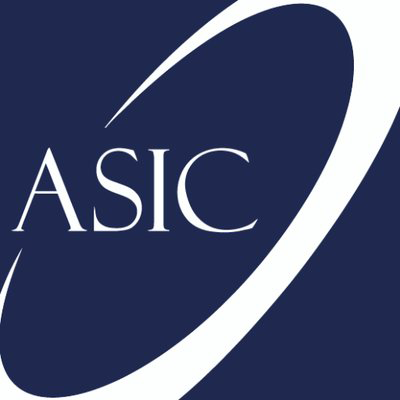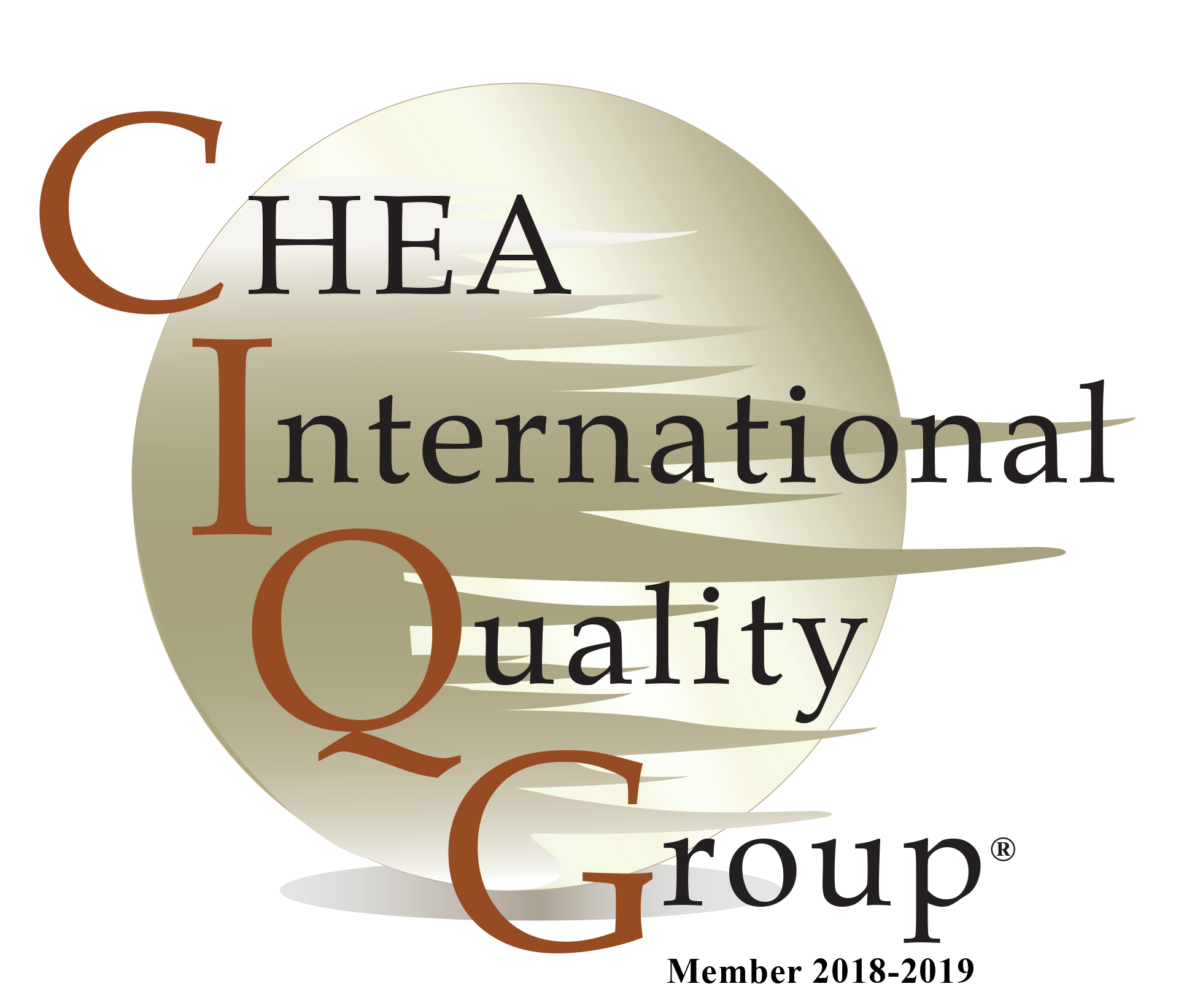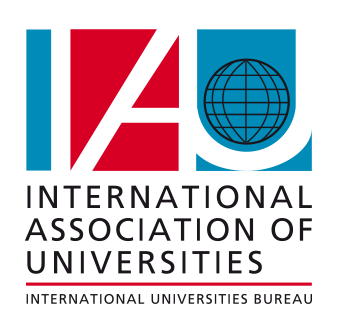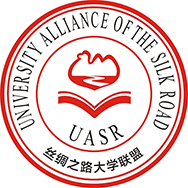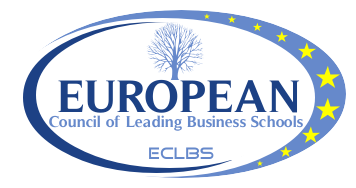History of V.I.Vernadsky Taurida National University
- General information
- Historical landmarks
- Scientific innovative potential
- International partnership
- University today
- Our students
- Prospects
- Why our university?
- According to rector
GENERAL INFORMATION
V.I.Vernadsky Taurida National University (TNU) is a key-note higher education institution in Crimea. It was founded in 1918 and has been in the top ten higher education institutions of Ukraine. At the time of Crimean peninsula annexation TNU was the 4th accreditation level State University.
The University included 15 departments implementing 41 training programmes. The number of students totalled 14,000 full-time studies and distant learning icluded. 2244 employees worked at the University, of them 919 lecturers, 112 PhDs, full professors, 485 candidates of sciences, associate professors, senior instructors and assistents included. Among them were a Hero of Ukraine, 39 academics of various profiles and countries, 4 State Prize Laureates of Ukraine, 36 Honorary Figures of Higher Education of Ukraine, 53 Honorary Figures of Higher Education of Crimea.
The names of outstanding public characters, scientists, pedagogues and other authentic professionals are inseparably connected with the University. They are the people who have become the pride of Ukraine, among them are Dmitry Shcherbakov, a member of the USSR Academy of Sciences, Igor Kurchatov, an academician (triple Hero of Socialist Labour), Ilya Frank, a Nobel Prize Laureate and many others equally known.
More than 100 University employees did scientific and educational work experience abroad.
HISTORICAL LANDMARKS
The idea of opening the Taurida National University emerged in the roaring years of the Civil War. The representatives of scientific and artististic intelligentsia, escaping from Bolshevik irruption, settled in Crimea. The University began its historical counting from the Crimean Regional Government Decree № 23 from September 3rd, 1918 on The Taurida University Establishing. By autumn of 1918 the University had been staffed with lecturers of the highest qualifications. By that time worldwide renowned scientists such as academicians N. I. Andrusov and V. I. Palladin had arrived in Crimea. On October, 14 th the fromal opening ceremony of the Taurida University, as an independent institution, was held in Simferopol.
An academician, V. I. Vernadsky, who headed the Universtiyt at that time, stated that “Taurida University at that time was one of the strongest scientific schools in the coutry”. Actually, seven academicians worked there (N. I. Andrusov, M. M. Bogoslov, V. I. Vernadsky, K. G. Vobla, D. A. Grave, A. E. Kessler, V. A. Obruchev) and more than a hundred academic professors who later became academicians and Corresponding Fellows (G. N. Vysotsky, V. M. Gordon, N. S. Koshlyakov, E. N. Pavlovsky, N. I. Palienko, A. L. Struve, F. V. Taranovsky et. al.) were working there at that time.
Taurida University had existed for 2.5 years and in January, 1921 was rennamed Crimean M. V. Frunze University. In 1925 it became Crimean State M. V. Frunze Pedagogical Institute. It was only in 1972 when it regained its university status and was called Simferopol State M. V. Frunze University.
In August, 1999 the President of Ukraine decreed the University’s National status and the original name was returned to it.
SCIENTIFIC INNOVATIVE POTENTIAL
By the annexation time 304 people and 37 aspirants were doing their research degrees in 53 training programmes. Higher Doctorate was opened in 19 training programmes. 40-45 candidate dissertations and up to 10 doctoral ones were annually defended. All necessary conditions for scientific work had been created.
TNU was developing research in such academic fields as health, environmental protection, resource saving technologies, new substances and materials and advanced information systems.
More than 70 scientific conferences were annually held. The majority of them had become conventional. The University scientists published more than 2500 research works, among them are 55 monographs and 1916 articles, of which the majority were published in top international journals.
Before annexation, the scientific-research university centre compiled big units and laboratories affiliated with the chairs. Among them are the scientific-research centre of Sustainable Development Technologies, Bio-technological Centre, Study-scientific Laboratory of Computer Systems Software, Regional info-analytical Centre of Environmental Monitoring of the Republic of Crimea, Juristic Clinic, the Centre of Simultaneous Interpeting, Botanical Garden, Zoo Museum, Scientific Library, which counted 1,190,000 documents and such things. Moreover the University had its own working experience base in biology and geography in moutain forest part of Crimea.
INTERNATIONAL PARTNERSHIP
By the beginning of annexation the number of foreign partnership organisations had increased up to 206. By that time 87 projects and grants were being developed in collaboration with the universities of Germany, Greece, France, Switzerland, Great Britain, The USA, Norway, Finland, Austria, Belorus and Russia. Of these are Thessaloniki and Athenes universities (Greece), Lublin and Opolsky universities (Poland), Willamette university (USA), universities of Nice and Perpignan (France), Genoa and Rome universities (Italy), the University of Duisburg, Essen and Ruprecht-Karls University and University of Applied Sciences (Germany).
Over 100 TNU employees did working experience abroad. Approximately the same number of trainees was accepted by Taurida University. Student exchange programmes were available. International conferences and seminars were arranged. Students from China, Turkey, Russia, Algeria, Palestine, Syria, Turkmenistan and other countries studied at TNU.
UNIVERSITY TODAY
V.I. Vernadsky Taurida National University (TNU) that was founded in 1918 as a branch of Saint Vladimir Kiev University stopped its activity in Simferopol after the annexation of Crimea in 2014. Since January the 1 st it has become a part of the Crimean Federal University under the name “Taurida Academy”. That Russian University nationalized its Ukrainian property including all academic buildings, hostels, campus and material resources. The most difficult situation was created as to the legitimacy of the university diplomas. Crimean Bachelor’s and Master’s diplomas are recognized only in Russia and those few countries which accepted the fact of Russian Crimea. Thus the Crimeans that entered V.I. Vernadsky Taurida National University in their time were deprived of the possibility to plan their future and became extremely limited in their rights.
Unofficial public opinion poll revealed a great number of the Crimean students and entrants that would like to continue or to begin their education in the continental Ukraine in order to get the legitimate diploma. But they lost their opportunity because they couldn’t satisfy Ukrainian demands towards the papers (school certificates, school testing results, university transcripts, etc.).
In December 2015 Verhovna Rada of Ukraine passed the law that allowed the youth of Crimea to enter the Ukrainian universities on the grounds of the documents they have got in Crimea. The group of universities were identified to carry on the entrance campaign according to the preferential terms for the Crimeans. V.I. Vernadsky Taurida National University was included into that group as far as its Ukrainian license has been recalled but not canceled. The idea to restore the University in Kiev expressed by its professors and staff members was supported by the Ministry of Education. On December the 31 st 2015 they issued an order “On organizing the educational process in V.I. Vernadsky Taurida National University”.
On September 26th, 2016 the formal opening of Taurida National V.I.Vernadsky University, having been relocated to Kiev from annexed Crimea, took place in the assembly hall of the Education and Science Ministry of Ukraine. A new chapter in the history of the glorious university, which had been designed by V. I. Vernadsky in Kiev a century ago, has begun.
In 2016 the first admission occurred. The institution is 98 years old and it again holds its first admission as it was done in the far 1918 by our Founding Fathers.
The University has intramural and extramural education. Distant learning is being projected. There are exchange programmes as well as student and lecturer mobility programmes.
In July-September 2016 the University carried out the entrance and transfer campaigns. About 300 students entered the first years of study for bachelor and master programmes in Economics, Management, Law, History, Geography, Ecology, Political Studies, Philosophy, Psychology, Physical Rehabilitation, Languages and Literatures (Ukrainian, Russian, English, German, French, New Greek, Crimean Tatar, Turkish, Arabic, Persian) and Journalism. Among them – 2/3 of benefit recipients (Crimeans and Donbass inhabitants) as well as the residents of continental Ukraine and some foreigners.
At present there are four institutes within the university: Institute of Management, Economics and Nature Resource Use, Institute of Humanities, Institute of Philology and Journalism, Institute of Municipal Management. More than 2500 students got their TNU ID-cards.
OUR STUDENTS
Since the restoration of the University on September, 26th, 200 students have been admitted. The Education and Science Ministry of Ukraine granted the University an exclusive right to implement the admission of students from the temporarily occupied territories on the basis of transferrence during the whole academic year.
Due to it the number of students has increased up to 700 by the end of 2016. There are students citizens of other coutries like Russia, Belorus, Kazakhstan, Turkmenistan, India, Bangladesh, Azerbaijan, Uzbekistan, Iran, Iraq, Turkey and Libya. Of them, 15 are first year students and 50 people are doing a preparatory course.
TNU is actively restoring its connections with partner universitiesof Europe to provide its students the double diploma opportunity, i.e. of having both a Ukrainian and European diploma.
The University has signed an agreement with Swiss Open University on collaboration in implementation of double diploma programme, as well as scientific reseach, lecturers and students exchange and educational programmes exchange.
TNU students have an opportunity of studying economics and management within the three-year international programme of intramural and extramural education both in Ukraine and Poland finally receiving Ukrainian and Polish diplomas (of a Polish higher institution accredited in EU).
PROSPECTS
The University designs further structural alterations. Those higher institutions which are still on the occupied territories are aspiring at alloting to TNU. There are currently 15 of them.
The opening of the Medical Institute as well as the Agricultural Institute has been planned by the beginning of the 2017-2018 academic year. Additionally, the Physics-Mathematics Institute and Chemistry Institute will have regained their functioning.
The strategic goal of TNU for the neareast 10 years is building a new innovative syatem of aquiring higher education thus entering the top higher institutions of Ukraine and the world. The new system will be founded on the new approach to teaching and gaining knowledge.
Students will be choosing majors, minors and supplementary disciplines themselves, like in Europe, which will allow to enhance the efficiency of the study courses. It will improve the quality of the knowledge gained and will increase the variability of education.
The main target of the University is not only to give their students diplomas, but also knowledge and skills as tools for further development. Teaching will be implemented in four languages: Ukrainian, Russian, English and Crimean Tatar. TNU is a higher institution which is currently upbringing the future Crimean political and intelllleeectual elite. Its current sudents will return to the Ukrainian Crimea to invest their effort to the development of the region.
The young people of our University are aspiring at visiting Europe, at stuyding in European institutions. Having aquired world experience and skills, they would like to return and build Europe in Ukraine.
WHY OUR UNIVERSITY?
Taurida National University has a great scientific, academic and practical potential. The new original infrastructure has been created for only a year. Two big academic buildings have been given to the University’s ownership. Humanitarian Institutes are housed in a historical building of Kiev non-classical seconday school, founded by Sergey Grushevsky, the father of the first Ukrainian President, Mikhail Grushevsky. It is located in Bolshaya Kirillovskaya Street. The main University building is in Ivana Kudry Street which is in the centre of the city, Pechersky district. Students and the teaching staff can live in hostels.
At the moment the University administrative staff is making agreements with the leading Kiev higher institutions like T. Shevchenko National State University, Kievo-Mohilanskaya Academy and Chemistry-Technological University on collaboration and cooperative use of reseach laboratories. TNU is actively participating in various grants programmes and is collaborationg with international donors for arranging its own scientific-research base.
Two stadiums are used for developing physical fitness and sports. The opening of media-art space is being planned. It will be called “Open Area”. Students will take part in workshops and develop their creativity.
The University has applied for the grant for funding the E-University project aiming at designing the unified information net which will join the students and the staff in one team as well as partner universities. It will facilitate access to gaining knowledge and information.
TNU is engaged in Eropean Union educational programmes. The agreement on cooperative participating in ERASMUS+ programmes have been signed with several foreign universities. The University also collaborates with British Council, USA embassy, Fullbright Fund and Soros Fund in various educational projects. The active work on distant learning project is being currently held. It will provide the dwellers of the occupied territories for an easy access to European level education by means of modern on-line platforms. The university staff are working on the project for finding funding for this project. Non-governmental organisations’ “Crimea SOS” and “Congress of Ukraine” estimated total of potential students on the occupied territories is 70,000 people who aspire at becoming the citizens of the Ukrainian democratic society.
ACCORDING TO RECTOR
“Accomplishing the goal is not an easy thing. The world is constantly changing. The present is putting forward new challenges. The dynamics of time requires appropriate innovative approaches and competitive effforts. However, I am convinced that due to joint effort, trust, cooperation and persistent work we will be studying and working at the University which keeps the memories of its historical traditions, is aware of new European educational community demands and, before all, is targeted at the needs of a modern citizen of a powerful contemporary European Ukraine.”

